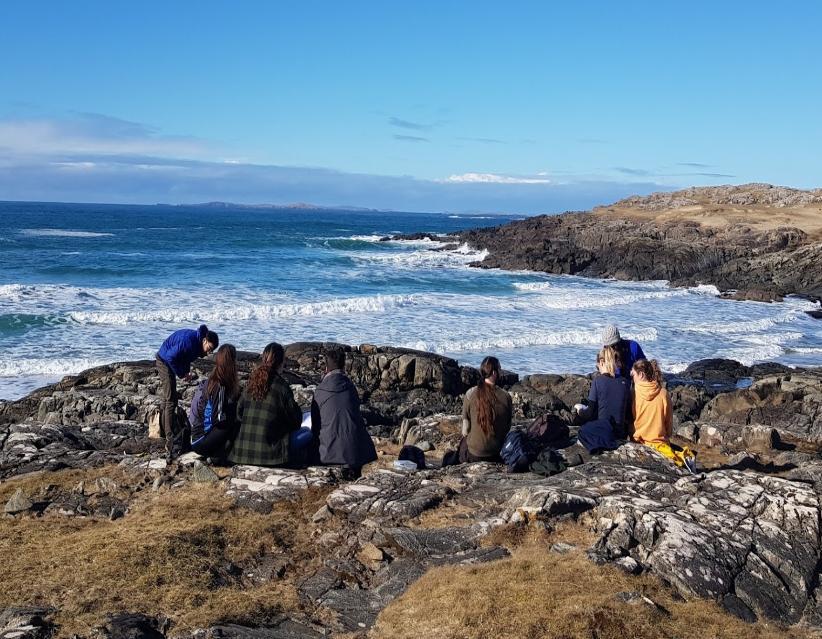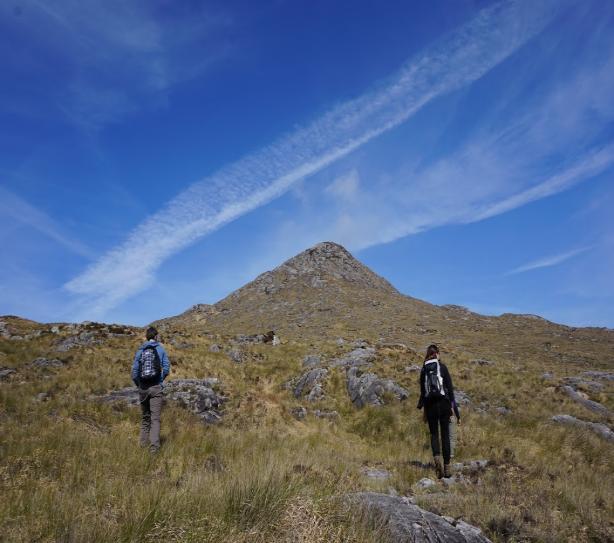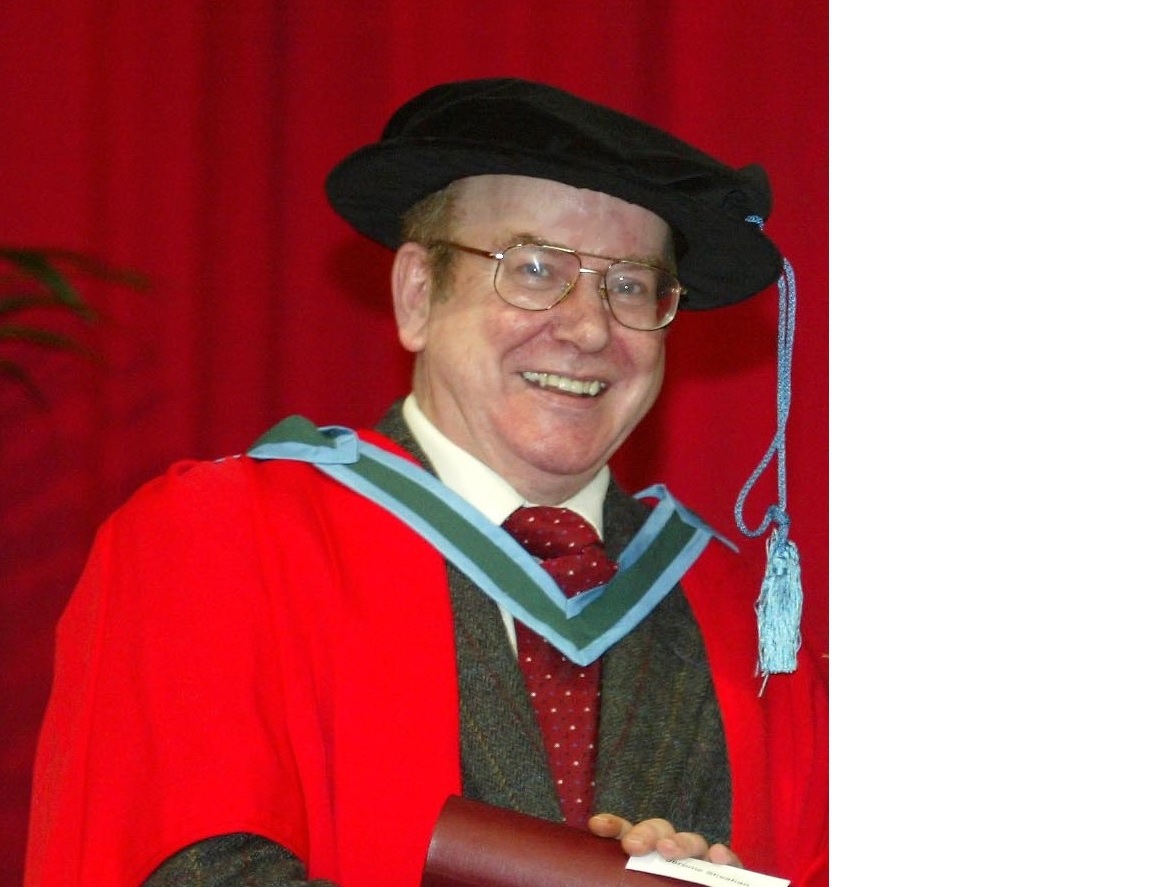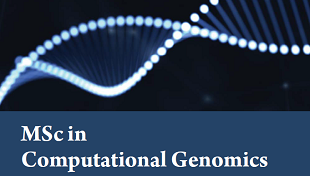-
Courses

Courses
Choosing a course is one of the most important decisions you'll ever make! View our courses and see what our students and lecturers have to say about the courses you are interested in at the links below.
-
University Life

University Life
Each year more than 4,000 choose University of Galway as their University of choice. Find out what life at University of Galway is all about here.
-
About University of Galway

About University of Galway
Since 1845, University of Galway has been sharing the highest quality teaching and research with Ireland and the world. Find out what makes our University so special – from our distinguished history to the latest news and campus developments.
-
Colleges & Schools

Colleges & Schools
University of Galway has earned international recognition as a research-led university with a commitment to top quality teaching across a range of key areas of expertise.
-
Research & Innovation

Research & Innovation
University of Galway’s vibrant research community take on some of the most pressing challenges of our times.
-
Business & Industry

Guiding Breakthrough Research at University of Galway
We explore and facilitate commercial opportunities for the research community at University of Galway, as well as facilitating industry partnership.
-
Alumni & Friends

Alumni & Friends
There are 128,000 University of Galway alumni worldwide. Stay connected to your alumni community! Join our social networks and update your details online.
-
Community Engagement

Community Engagement
At University of Galway, we believe that the best learning takes place when you apply what you learn in a real world context. That's why many of our courses include work placements or community projects.
Environmental Leadership (MSc)
Course Overview

The MSc in Environmental Leadership will equip graduates with an advanced level of knowledge and problem-solving, management and communication skills in key areas relevant to the environment, marine and energy sectors. It will equip them with a capacity and capability for environmental leadership relevant to their career trajectory. The course has a focus on cross-sector skills and competences that can be transferred from one topic/occupational area to another, so enabling national and international occupational mobility for its graduates.
Scholarships available
Find out about our Postgraduate Scholarships here.

You may also be interested in one of our other Science of Sustainability postgraduate programmes.
Applications and Selections
Applications are made online via the University of Galway Postgraduate Applications System.
Who Teaches this Course

Mechanical Engineering
ENG-2046
Alice Perry Building
University of Galway
View Profile

Applied Ecology Unit
Centre for Environmental Science
Arts/Science Concourse
National University of Ireland Galway
View Profile

School of Geography
University of Galway
View Profile
SCHOOL OF NATURAL SCIENCES
NUI GALWAY
View Profile

Marketing Discipline
J.E. Cairnes School
of Business & Economics
University of Galway
View Profile
Requirements and Assessment
Key Facts
Entry Requirements
Applicants must have a primary degree with a 2.1 or above, or equivalent in a relevant discipline. Applicants who do not have an academic background and have relevant experience are welcome to apply. They may be required to attend an interview.
Additional Requirements
Recognition of Prior Learning (RPL)
Applicants who do not have an academic background and have relevant experience are welcome to apply. They may be required to attend an interview.
Duration
1 year
Next start date
September 2026
A Level Grades ()
Average intake
15
QQI/FET FETAC Entry Routes
Closing Date
Please view the offer rounds website.
NFQ level
Mode of study
ECTS weighting
90
Award
CAO
Course code
MSC-EVL
Course Outline
The course structure is based on a 90 ECTS model, with 60 ECTS coming from taught modules which account for either 5 or 10 credits each. A research project over the summer accounts for the remaining 30 ECTS.
Curriculum Information
Curriculum information relates to the current academic year (in most cases).Course and module offerings and details may be subject to change.
Glossary of Terms
- Credits
- You must earn a defined number of credits (aka ECTS) to complete each year of your course. You do this by taking all of its required modules as well as the correct number of optional modules to obtain that year's total number of credits.
- Module
- An examinable portion of a subject or course, for which you attend lectures and/or tutorials and carry out assignments. E.g. Algebra and Calculus could be modules within the subject Mathematics. Each module has a unique module code eg. MA140.
- Subject
- Some courses allow you to choose subjects, where related modules are grouped together. Subjects have their own required number of credits, so you must take all that subject's required modules and may also need to obtain the remainder of the subject's total credits by choosing from its available optional modules.
- Optional
- A module you may choose to study.
- Required
- A module that you must study if you choose this course (or subject).
- Required Core Subject
- A subject you must study because it's integral to that course.
- Semester
- Most courses have 2 semesters (aka terms) per year, so a three-year course will have six semesters in total. For clarity, this page will refer to the first semester of year 2 as 'Semester 3'.
Year 1 (90 Credits)
OptionalEV529: Environmental Impact Assessment - 5 Credits - Semester 1OptionalBI5108: Green Lab Principles and Practice - 5 Credits - Semester 1
OptionalTI6131: Introduction to Development - 10 Credits - Semester 1
OptionalTI6134: Dynamics of Climate Change - 10 Credits - Semester 1
OptionalPAB5125: One Health - 5 Credits - Semester 1
OptionalEV6104: Environmental and Human Health - 5 Credits - Semester 1
OptionalST2001: Statistics for Data Science 1 - 5 Credits - Semester 1
OptionalME521: Research Methods for Engineers - 5 Credits - Semester 1
RequiredEV6103: Environmental Problems & Solutions From Land To Sea - 10 Credits - Semester 1
RequiredEV6102: Environmental Leadership - 5 Credits - Semester 1
RequiredEC5117: Natural Resource Governance & Sustainability - 10 Credits - Semester 1
RequiredIE446: Project Management - 5 Credits - Semester 1
RequiredEV535: Research Project - 30 Credits - Semester 1
OptionalMI5106: Environmental Resilience - 5 Credits - Semester 2
OptionalEV532: Climate Change & Biodiversity - 5 Credits - Semester 2
OptionalEV534: Invasive Species & Biodiversity - 5 Credits - Semester 2
OptionalMK5118: Social Marketing & Sustainability - 5 Credits - Semester 2
OptionalPAB5127: Geospatial Analysis and Remote Sensing - 5 Credits - Semester 2
OptionalPAB5128: Data Analysis for Sustainability Research - 5 Credits - Semester 2
OptionalMK5158: Partnership Marketing - 5 Credits - Semester 2
OptionalTI6147: Sustainability Planning and Policy for Marine Environments - 10 Credits - Semester 2
RequiredEV5105: Communicating Research - 5 Credits - Semester 2
Why Choose This Course?
Career Opportunities
The course will produce well-rounded, motivated, mobile and dynamic problem-solvers and leaders who can work in any area related to environment, marine and energy. The subject knowledge, transferable skills and thesis elements of the course are designed to provide graduates with the opportunity to carry out further research, work in the public or private sector, or create their own employment.
Graduates will acquire transversal and multidisciplinary skills in governance, communication and management, enabling them to take on roles within an industrial setting, or within a regulatory body or private consultancy firm. Careers such as project managers, consultants and advisors exist within public and private sectors in Ireland and elsewhere. In addition, the course will provide opportunities for some students to move into PhD programmes or other research roles.
Who’s Suited to This Course
Learning Outcomes
Transferable Skills Employers Value
Work Placement
Study Abroad
Related Student Organisations
Course Fees
Fees: EU
Fees: Tuition
Fees: Student levy
Fees: Non EU
For 2026/27 entrants, where the course duration is greater than 1 year, there is an inflationary increase approved of 1.8% per annum for continuing years fees.
Postgraduate students in receipt of a SUSI grant – please note an F4 grant is where SUSI will pay €4,000 towards your tuition (2026/27). You will be liable for the remainder of the total fee. A P1 grant is where SUSI will pay tuition up to a maximum of €6,270. SUSI will not cover the student levy of €140.
Note to non-EU students: learn about the 24-month Stayback Visa here.
Find out More
Dr Gesche Kindermann
T: +353 91 493863
E: gesche.kindermann@universityofgalway.ie
Dr Caitriona Carlin
T: +353 91 493863
E: caitriona.carlin@universityofgalway.ie

Gráinne Griffin | MSc Environmental Leadership Graduate
I entered this course with a BSc in Applied Freshwater and Marine Biology, but I wanted to further my BSc with a deeper level of knowledge and skillset on the environment, particularly in marine conservation. This MSc provided me with a well-rounded opportunity to participate in modules and projects relevant to our changing natural world, addressing environmental concerns such as rising sea levels and pollution. From key skills of communication, problem-solving and management, this course is delivered by excellent lecturers and researchers respected in their roles of expertise, providing their students with the education and guidance to progress into a vast range of careers in environmental sectors. I have gained invaluable knowledge and experience that has provided me with the clarity of how to address climate and environmental changes. I have learned about the value of nature and the importance of effectively and appropriately communicating research findings with individuals and communities of society, governments and international bodies; our changing world requires this inclusive collaboration from all nations for guidance on a path of global sustainability.
























